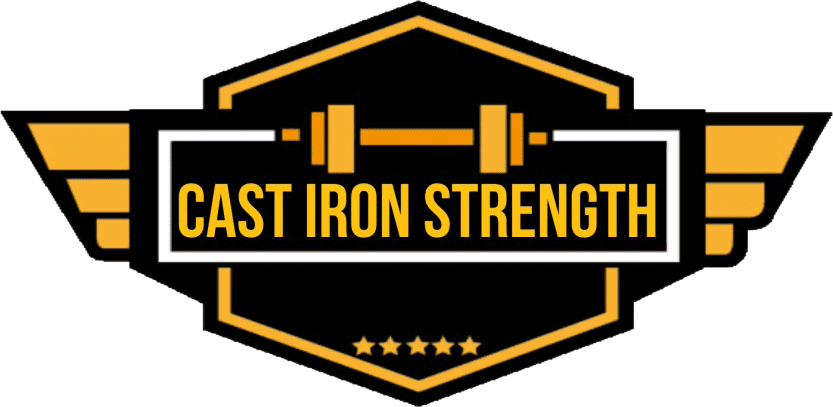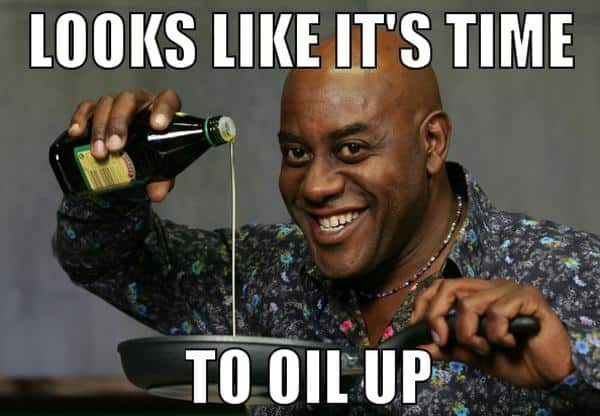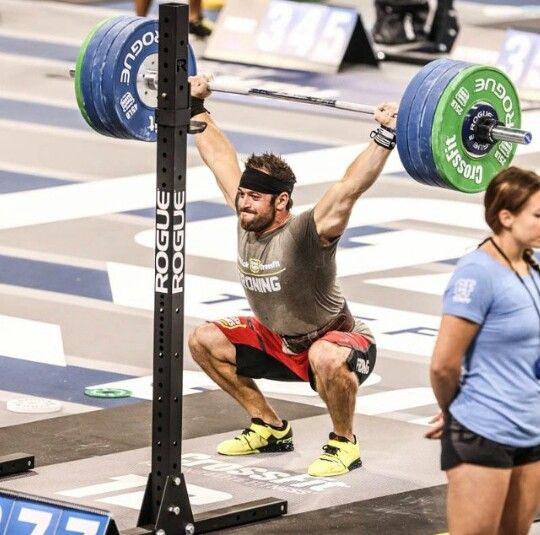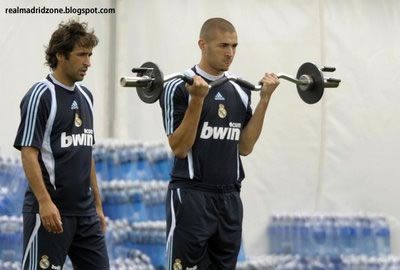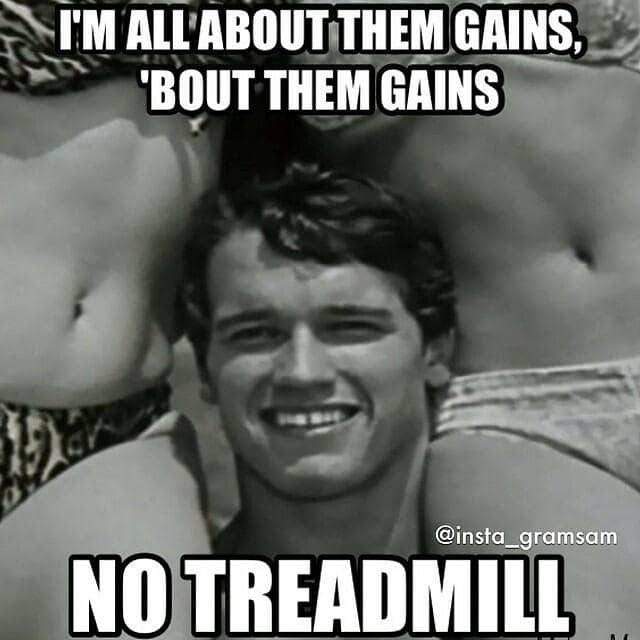Training fads and practices come and go high intensity interval training was all the rage 5-10 years ago and continues to be popular. However it has become a bit of a catch all term covering anything from running to cross fit inspired workouts utilising prowlers, tires and whatever device people can get their hands on.
Crossfit is an even bigger catch all term trying to cover topics like power training, maximal strength training, gymnastics, steady state cardio, interval based cardio, off feet based cardio you name it crossfit covers it. As such it does a lot of things and all of them poorly.
If you want to train an energy system or physical property correctly it needs to be sequenced with in your training schedule appropriately and planned for. Your conditioning isn’t any different from your strength training when it comes to programming it has duration, intensities and frequencies that need to be woven together into a coherent plan to ensure you aren’t burning out or even worse working hard for no reward.
Reason 1 – If you are poorly conditioned HIIT is a very stressful way of achieving easy gains.
If you don’t do any conditioning or you’re not currently in decent aerobic shape then going straight into a high intensity protocol is going to be very stressful. You’re going to be very tired, you in all likelihood will vomit and you’re probably going to have to write the rest of your day off.
On your first day of a new weights programme after a month off or if your brining your mate in for their first weights session you wouldn’t start off with strength testing followed by sets to failure (or at least I would hope not!) why is conditioning any different?
A good weights programme starts of with low intensity volume based work to get a muscular conditioning base, conditioning programmes should use low intensity volume based work to get an aerobic conditioning base.
You can sit on a cross trainer for 3 session a week starting at 10 min and working up to 30 min sitting at a heart rate of 70-75% max get a lot fitter, feel energised and not eat into your recovery. Or you can go and push a sled around like a lunatic feel fucked day to day, vomit a few times and achieve pretty much the same benefit….
Your choice.
Reason 2 – HIIT interferes with strength and power gains.
High intensity training is a taxing process. 2-3x per week of high intensity sprint intervals have been shown to blunt power adaptations (2x per week) and strength gains (3x per week) yet there is no need to train at these intensities to get the gain in fitness you want.
Working as hard as you can for time is a great way to induce a huge amount of system stress, get tired and limit your conditioning progress. You base your bench press programmes off your bench press max so why not base your conditioning programmes off your maximal capability in that task. Setting rowing targets based off a 4-6 min baseline test like a 1500-2000m row is a great way of making your intervals achievable and productive.
Building efficiency and aerobic volume at appropriate intensities is just as effective at inducing a fitness gain as emptying yourself and more importantly it is sustainable. 2 conditioning session a week based off a maximal aerobic speed or equivalent with get you fitter whilst not interfering with your strength and power training. Bueno.
Reason 3 – Training shouldn’t be designed to entertain you unless it’s a hobby.
Barbell complexes, WODs, boxing, body pump, body combat name it what you want they are all just ways of achieving a conditioning training stimulus and not boring the poor bastards to death doing it. However if your training to be better at something then the exercises doesn’t need to entertain you it needs to be effective.
If sitting on a bike for 20 minutes in a neatly targeted heart rate zone or power output is achieving a tightly aimed and targeted training stimulus then it is far superior to be bored and successful than it is to be entertained and sub optimal.
High intensity interval training is over quickly and hurts therefore it is superior to steady state cardio….? Not even close if you are training for calorie expenditure and you’re on a tightly controlled deficit then high intensity training should be avoided like the plague unless it is muscle retention based.
You know all those super jacked dudes and girls doing low intensity fasted cardio they aren’t idiots they are training towards a tightly defined goal and doing it in a smart non fatiguing way.
Reason 4 – Random shit for time achieves random results.
HIIT is great because it allows you to use any training method you would like just chuck a time limit on it and do it as hard you possibly can.
1 – Choose a bunch of exercises
2 – Do it for a time period I read off the internet 30 seconds on 15 seconds off (TABATTA BABY)
3 – Fucking go hard!
4 – ?????
5 – PROFIT!!!!
Looks stupid like that doesn’t it, maybe there is a reason for that. In this process of “designing” your cardio session have you asked the following questions.
1 – Why am I doing conditioning?
2 – What are the work to rest ratios like in my sport?
3 – If I am training an energy system what are the best rest to work ratios to work that energy system?
4 – What exercise is specific to what I am trying to train?
5 – What frequency should I be using?
6 – How does it fit in with my training?
Or you can skip the questions read an article on T-nation or the like and fire in kettlebell swings for time into your training regime for the craic and wonder why you’re tired constantly and you stopped getting stronger.
Nothing in your training programme should be thrown in without though or just put in because it seems cool. Unless you are just training to entertain yourself in that case just have a laugh. Don’t plan, plan to fail.
5 – Do you even understand why you are doing conditioning?
If you’re a powerlifter or weightlifter chances are you don’t do conditioning however if you follow this blog on a regular basis you will understand that 2x per week interval based training can have a host of benefits for your recovery ability.
However for those who train for performance where conditioning has an impact do you understand what fitness component you are training and why you are using the modality you are using to improve it? As a crossfiter do you understand why doing the same WOD over and over again stops working pretty quickly after 2-3 weeks?
Trying to get more efficient at a workout by training the same workout is a horrific way of improving performance. As a fitness coach for a professional rugby union team taking that logic I would just get the lads to play 80 minute games 2-3x per week to get them fitter. It would work for a period but you would quickly hit a wall or every position because they will only get x exposure to different fitness elements.
It’s not been much of a secret to conditioning coaches for the last 100 years that if you want to push someone’s physical performance you need to tax the components in isolation and push someone’s maximal capacity to get your initial and best gains. Then you bring it all together in sports specific preparation to create a better/fitter athele.
For that same crossfitter trying to increase their efficiency at WOD they should look at the components. Let’s look at one of the girls
Diane
21 – 15 – 9 Reps
225lb Deadlift
Handstand Push Ups
What are the components to this workout?
- Deadlift Strength
- Handstand press up efficiency/Shoulder strength
- Cardiovascular fitness
- Lactate tolerance/muscular endurance in shoulders, triceps and posterior chain.
If you’re maximum deadlift is 250lbs you’re going to struggle with this workout, if your maximum strict press is bodyweight you’re going to struggle with this workout, if your cardiovascular fitness is poor you’re going to struggle with this workout if you never train for reps in either of these exercises you’re going to struggle with this workout.
Strtagey 1 – Do the workout as fast as you can 2x per week. This will get you better at it for 2-3 weeks perhaps but you will soon rub against your maximum capacities and when this happens your fucked, the probability is you are going to start stalling and going backwards when this happens.
Strtagey 2 – 3 weeks of
2x per week strength workouts designed to increase your deadlift, shoulder press and handstand press up maximum strength and endurance utalising a mix of heavy percentage training and rep work.
3x per week conditioning training designed to push your Vo2 max utilising similar work /rest periods as you will utilise in an extremely taxing and successful run of the workout.
1-2x per week tolerance work for your posterior chain and shoulder utilising barbell complexes or exercise equipment to build your work capacity and lactate tolerance in these body parts.
After 3 weeks on this training regime without even doing the workout once I guarantee you will set an all-time personal best on Diane without even looking at her.
Component based training has been producing gold medals and professional champions for decades and that isn’t about to change.
Understand what fitness component’s you are training, why you are training them and what your goal is and you will then see why HIIT isn’t the answer it’s just a tool.
Marc
